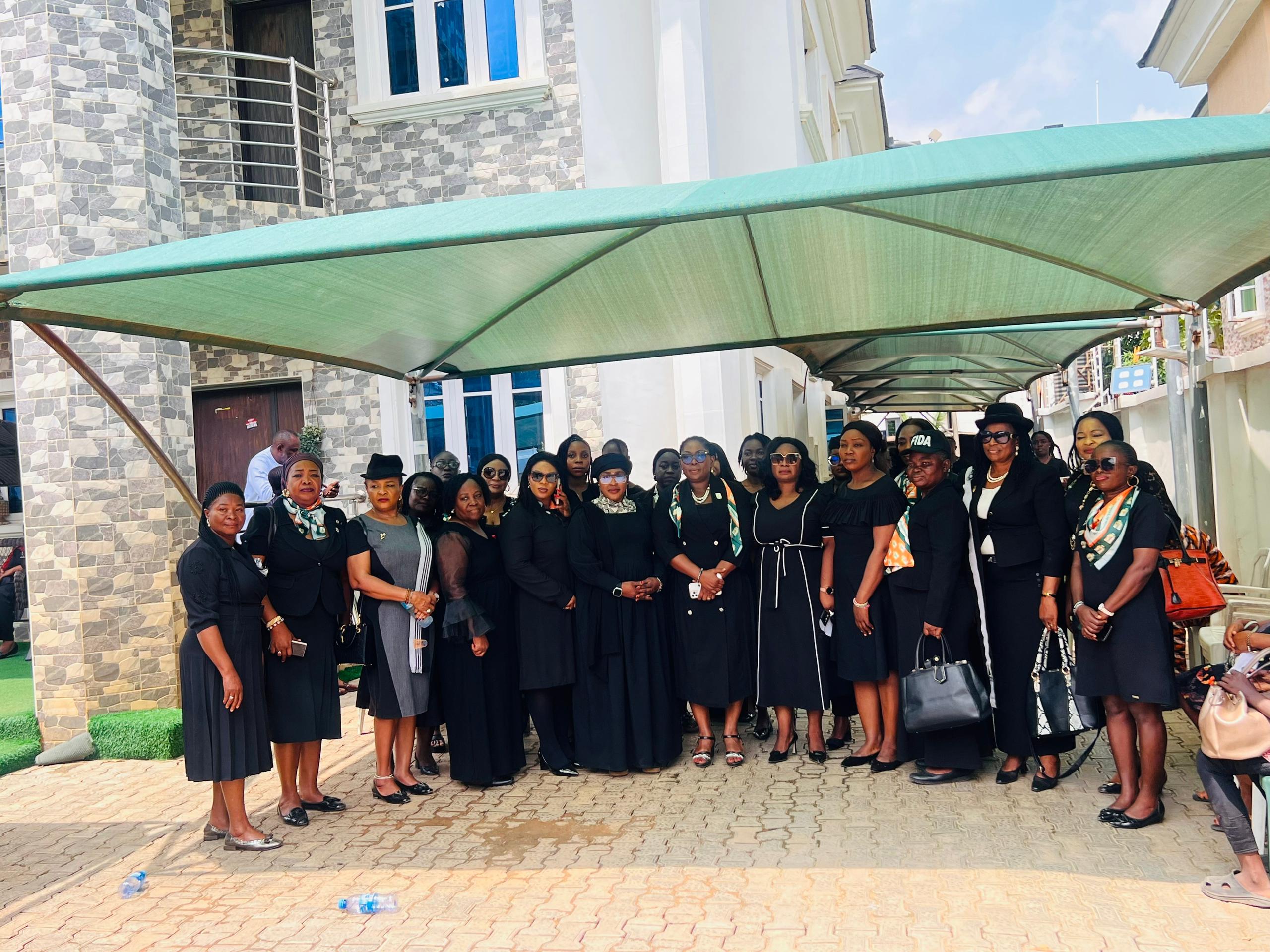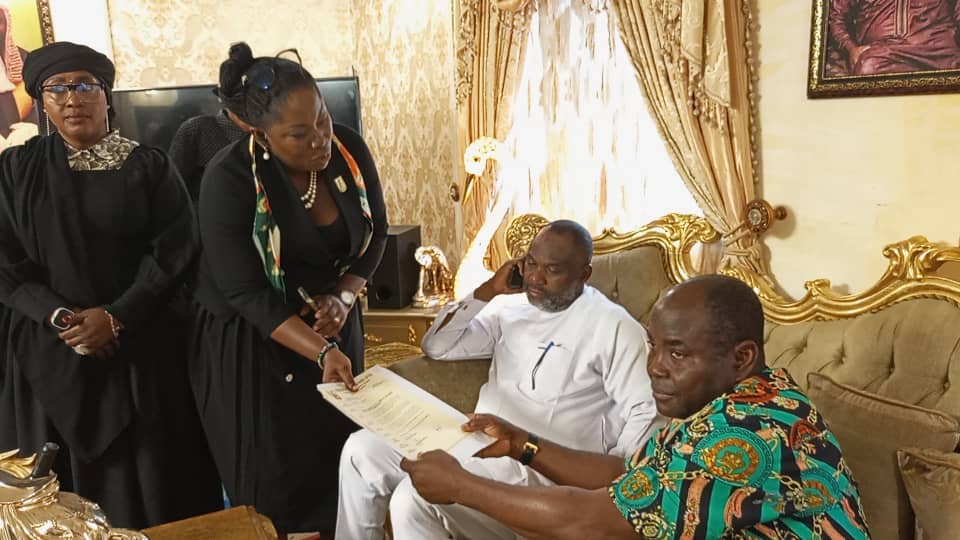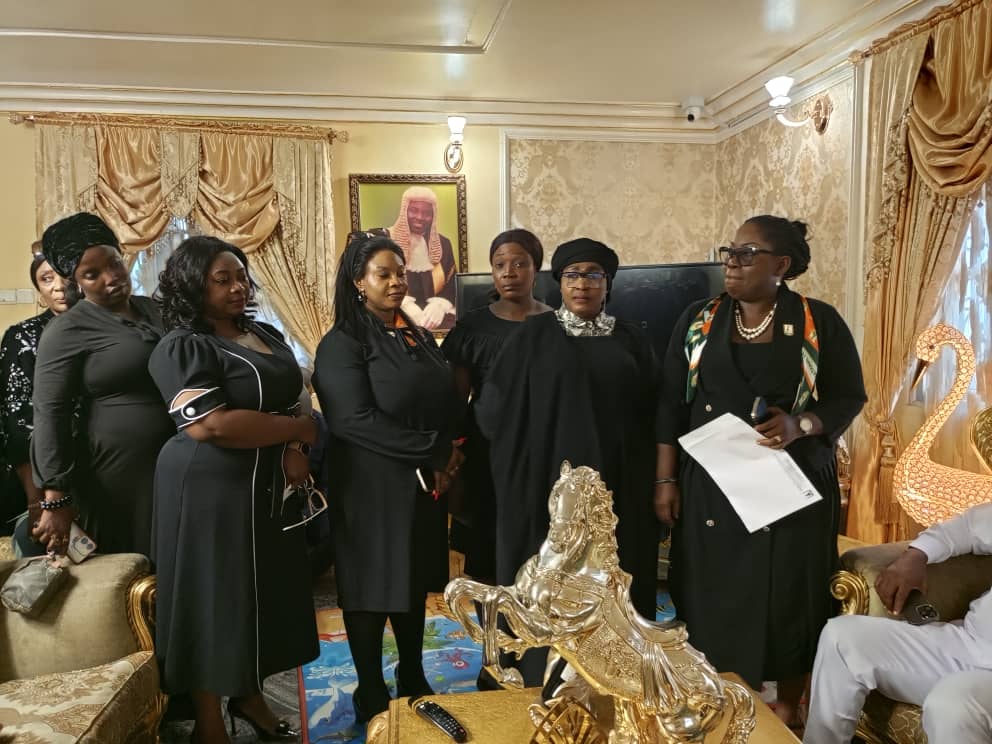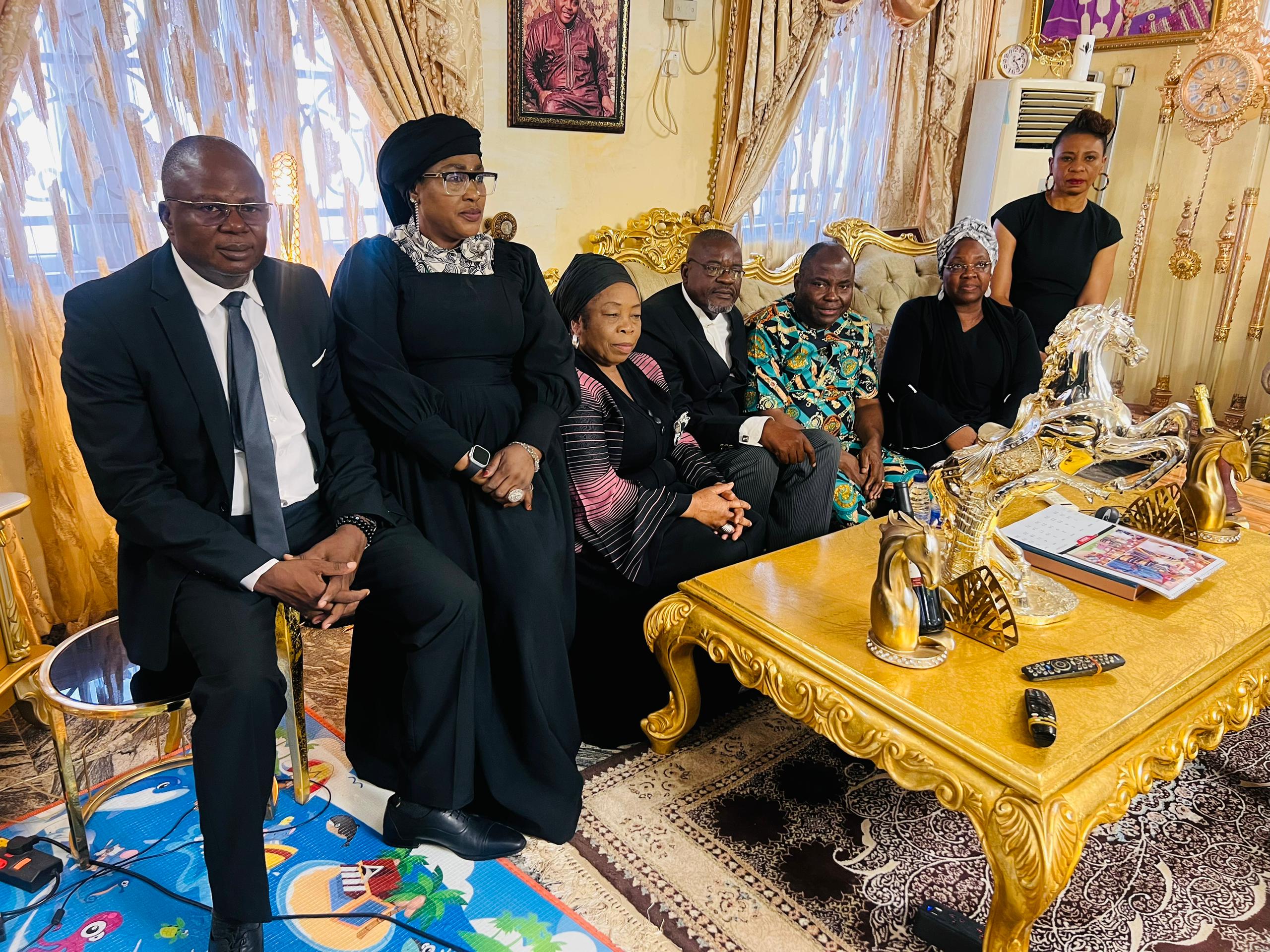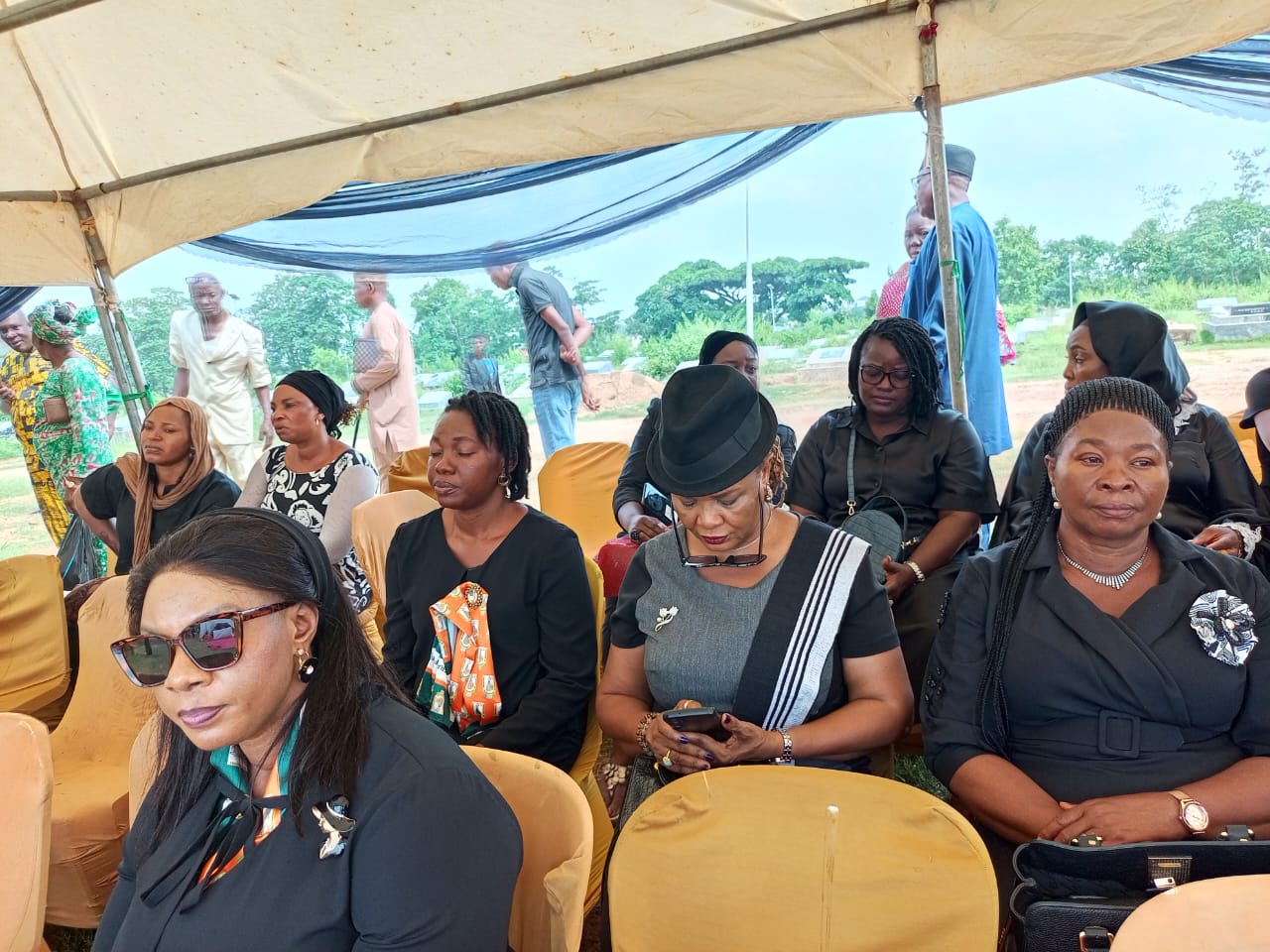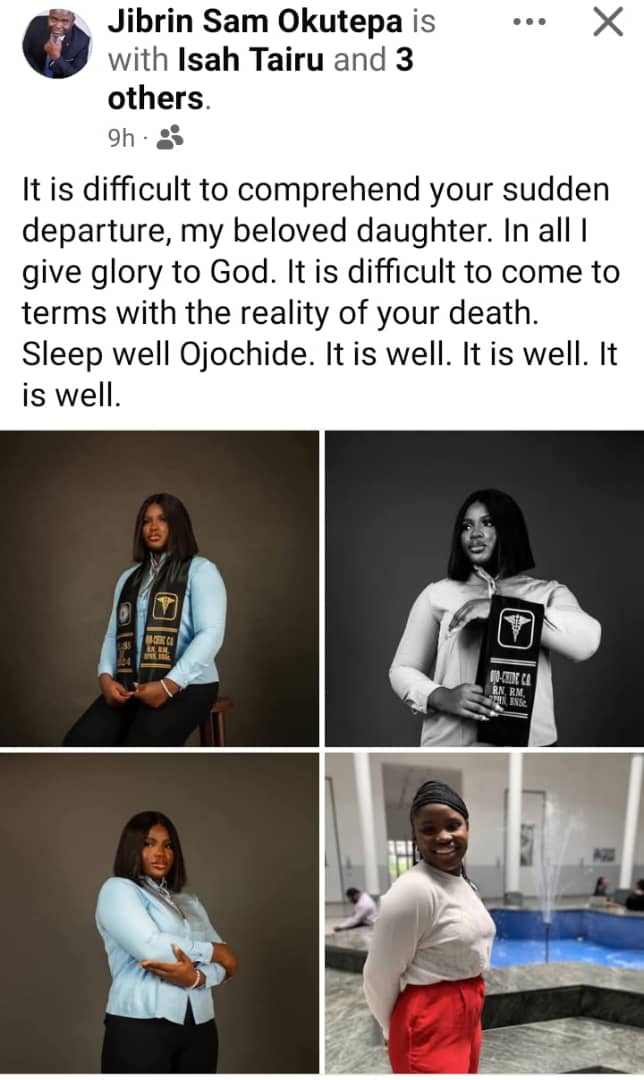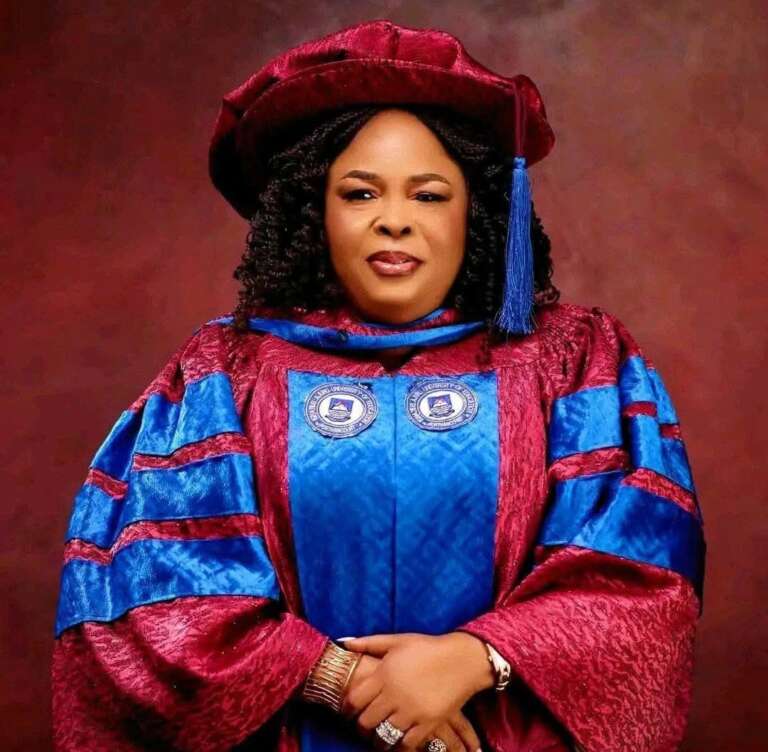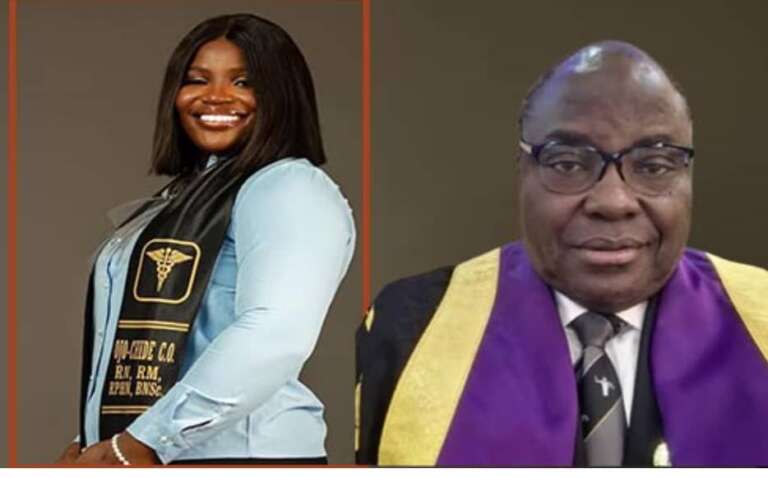By Funke Egbemode
KOKO: Is this how Nigeria is finally going to become a one-party state?
Kaka: Nigeria is not capable of becoming a one-party state, trust me.
Koko: It is either you are suffering from a bad case of high fever or you are in denial. Can you not see or hear what is going on around you?
Kaka: Because some politicians are changing locations?
Koko: They are many. They are porting, defecting, jumping ship.
Kaka: You are going to burst an artery because a few politicians are moving from PDP and LP to APC? You are the one with fever but I can and will cure you.
Koko: Cure me with what? Do you have a magic wand to make those who have defected to return to their original locations? Maybe you should just wave it so there will be peace in our political space.
Kaka: The problem with you is you like to swallow Panadol for another man’s headache. Look, brace yourself, more politicians will port or jump ship as you have described it in the days ahead. Indeed, the 2027 election most likely will be just a formality because by then, everybody would be in APC.
Koko: And you are sitting there calmly and telling me one-party state is not possible in Nigeria?
Kaka: I am not just telling you Nigeria is not going to become a one-party state, I am assuring you that one-party state is not in the destiny of Nigeria.
Koko: You are now an astrologer or ‘babalawo’, abi?
Kaka: You don’t have to be a star-gazer to see what I am seeing. You just need to be less emotional. You and I will break it down together and you will see that what is going on will be short-lived. It is like the 10 o’clock recess we used to have in primary school in those days.
Koko: By the time you pulled up your shorts in the toilet, the bell would have gone and we would all be running back to our classrooms. So, who is going to ring the bell in this matter?
Kaka: The politicians themselves are the time–keepers.
Koko: I am confused.
Kaka: Nigerian politicians, most of them, are driven by greed and selfishness. They are not in that your political space to serve. It is just a money-making venture for them, service is what they do as a side hustle to hoodwink us. It is that greed and selfishness that will ruin whatever they think they have perfected now.
Koko: In other words, they are not defecting to serve us?
Kaka: Are they driving you to work in their tear-rubber vehicles? Dey play.
Koko: But they are representing us.
Kaka: How many of you are they representing?
Koko: All of us.
Kaka: So, they called you to a meeting to ask for your opinion on this defection frenzy?
Koko: No, not exactly. But leave all those details. Tell me how everybody migrating into one political party will not turn Nigeria into a one-party state.
Kaka: For starters, those governors who have moved have done so with their whole structures. They were leaders in their old parties as governors.
Koko: Yes, all governors are leaders of their parties in their states.
Kaka: The parties they are coming into have existing structures and leaders and the migrants are not political minions. The old leaders and the new ones are now struggling for space.
Koko: I see where this is going to. I see clash of leaders.
Kaka: You are seeing well.
Koko: But so far, they have not fought.
Kaka: They are doing press-ups. It is still early days yet. At worst, they are pretending to be friends. Soon, the gloves will come off and agbadas will start flying with unprintable expletives.
Koko: They are leaders. They will not fight in the open.
Kaka: They will fight in the marketplace. They will fight on Arise Television and Channels. Seun Okinbaloye will separate old men fighting. You will see them on TVC and AIT bringing out juju and threatening one another.
Koko: Members of the same party? That will be like the masquerade removing his own veil.
Kaka: These masquerades have no veil. They only have interests, permanent self-interest. If it is not working for them, it will not work for any of us. How can some people who have benefited in full in PDP come into APC to benefit in full again?
Koko: Are you a member of PDP?
Kaka: That is not the point here. Even PDP, I’m not sure, of who its members are right now. The frenzied movement is dizzying.
Koko: Well, it will still be only one party, irrespective of whatever kind of fight they choose to do.
Kaka: No. They won’t be able to stay in their bubble for long. See, the old leaders had promised their followers certain positions which the new leaders and the people they are bringing also want. The P.As want to be SSA. The commissioners want to become D-Gs and Ministers and Ambassadors. The sharing formula will now have to be re-shared because there are now many leaders. As the leaders are fighting, so will the followers.
Koko: Are you predicting an implosion?
Kaka: I am telling you that politicians will do whatever they need to do to get to where they want to go.
Koko: Hmmm, they will board any vehicle that will take them to their destination.
Kaka: Didn’t PDP look formidable and impregnable once upon a time? Did the members not strut like peacocks and told us they would be in power for 60 years?
Koko: Then we woke up one day and there was New PDP, with governors leading a rebellion that eventually sank the ship.
Kaka: God forbid, it will not happen in APC.
Koko: Amen.
Kaka: What kind of an unbeliever’s amen is that?
Koko: So now you know there are different kinds of amen. Wait until 10 people want the same APC flag.
Kaka: Baba knows how to whip everybody into line. He is a quintessential strategist. Why do you think everybody is falling all over themselves to be in his camp?
Koko: All that is true. Close your eyes for a minute, travel to 2031 when Baba would have finished his second term. Tell me, did you see a successor with the same charm and grip on the reins? What then?
Kaka: That bridge is too far ahead.
Koko: Perhaps. I don’t even think we will have to wait till 2031 before we start seeing things. Wait until it gets to the season of party primaries. Selfishness will clash with entitlement mentality. We-have-been-here-for-years will go to war with carpetbaggers.
Kaka: it is always a difficult season.
Koko: I find it colourful and entertaining. The mud-slinging would read like movie scripts.
Kaka: And that is when a new coalition will surface?
Koko: All the unhappy, aggrieved people will bandy together and start addressing press conferences right, left and center. They will all suddenly discover their love for us the oppressed and beleaguered people of the Federal Republic. Then they would form a new group and call it one saintly name.
Kaka: You are saying that coalitions are formed by politicians for politicians and not for the people?
Koko: I am saying it with my whole mouth. And that is why Nigeria cannot become a one-party state.
Kaka: There is no single party that can accommodate the ambition of all of them. They will never agree on anything when it comes to who gets the longest convoy. When eight people throw their hats in the ring for governorship primaries, they all somehow, unexplainably, believe they will all win. When one person wins, the others start a war, sometimes seven different wars of the defeated.
Koko: That is what will happen beginning from 2026.
Kaka: Baba will control it, don’t worry.
Koko: When Baba retires to Lagos in 2031, these ones I am looking at will set the house on fire if they don’t get what they want o.
Kaka: Or they will migrate again and board another All Purpose Vehicle.
Koko: And bring back to life PRP or GNPP.
Kaka: Chaiii! I can almost hear Alhaji Aminu Kano and Waziri Ibrahim groaning in their graves.
Koko: For politicians, the parties they form are like limited liability companies. The companies are kept alive for as long as it is profitable but the moment they start losing elections and relevance, they file for bankruptcy and go back to the drawing board.
Kaka: Is that what Baba Olu Falae meant when he said a one-party state is not possible in Nigeria?
Koko: Exactly and he should know. Baba, who is a politician, a presidential candidate and now a traditional ruler said and I quote, ‘efforts will be made to have a one-party state but once the purpose for which it has been arranged is achieved, everybody goes back to his base.’
Kaka: Without every party collapsing into PDP like they are doing to APC, PDP lasted only 16 years. The way all of them are showing hot love for the ruling party, I am afraid.
Koko: I suspect they are all going there for their selfish reasons…
Kaka: Or out of vengeance…
Koko: You think they want to go and destroy APC systematically, from within?
Kaka: I know their thoughts are not pure. I know they are like cattle egrets. They do not and cannot stay in one place.
The views expressed by contributors are strictly personal and not of Law & Society Magazine.

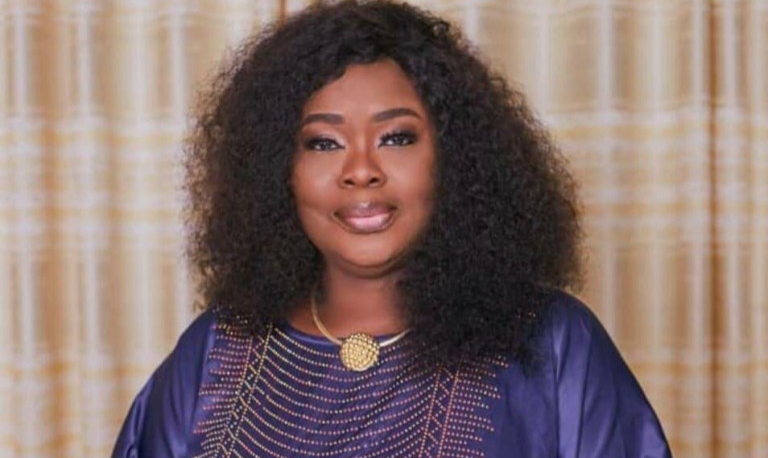

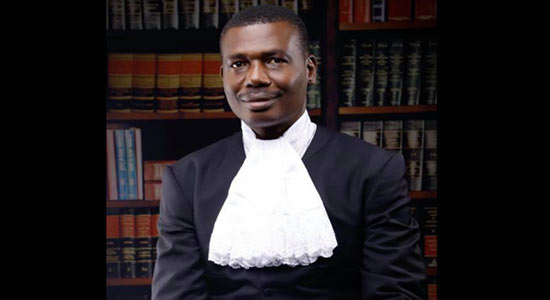
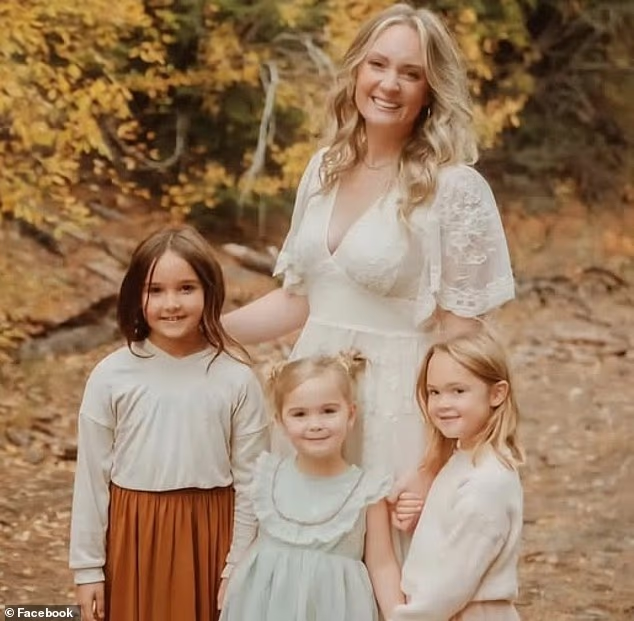
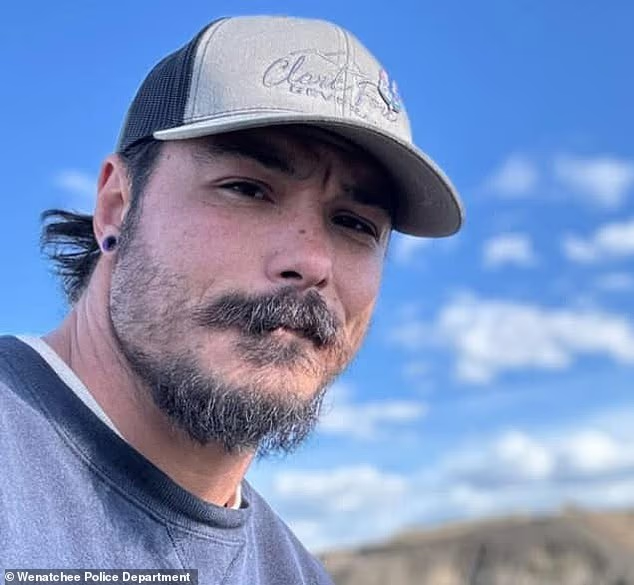
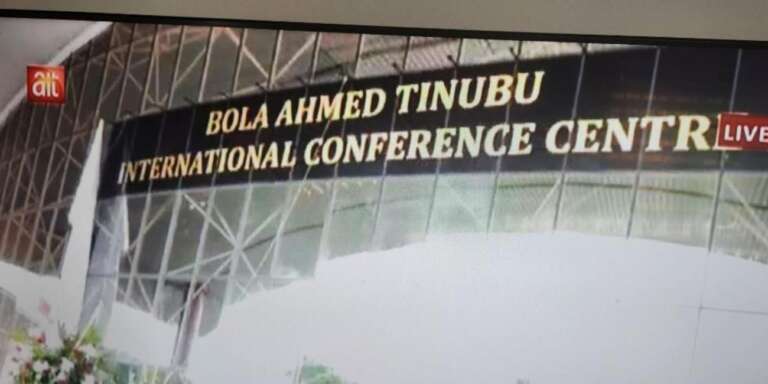
![[Photo News] FIDA Abuja mourns with Patron, J.S. Okutepa, SAN, as daughter is buried in Abuja [Photo News] FIDA Abuja mourns with Patron, J.S. Okutepa, SAN, as daughter is buried in Abuja](https://lawandsocietymagazine.com/wp-content/uploads/2025/06/FIDA-mourns-with-Okutepa-768x614.jpg)
